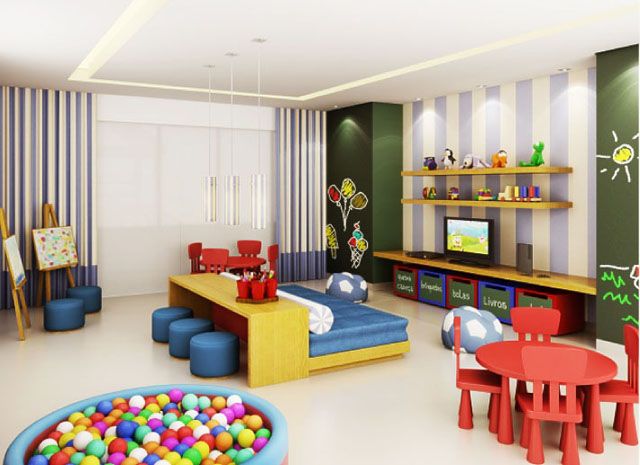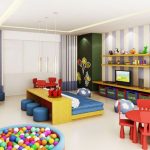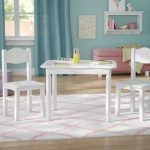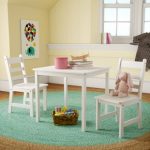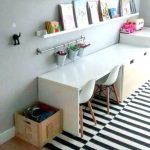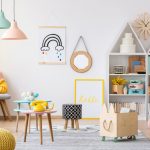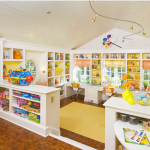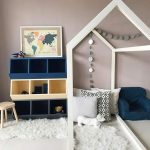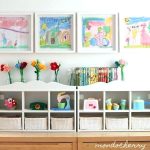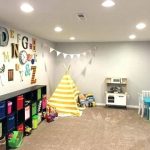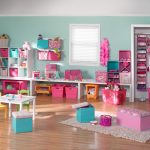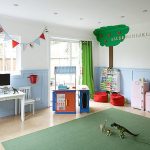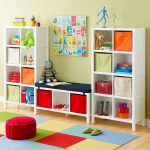Children are natural explorers and creators, constantly seeking out new ways to play and imagine. It is essential for their development to have a space where they can let their imaginations run wild and engage in creative play. Creating an imaginative space for kids to play can provide them with endless opportunities for fun and learning.
One of the most important aspects of creating an imaginative play space for kids is to provide them with a variety of materials and tools to spark their creativity. This can include things like building blocks, costumes, art supplies, and musical instruments. By having access to a wide range of materials, children can explore different forms of play and express themselves in a variety of ways.
In addition to providing a diverse array of materials, it is also important to create a physical space that encourages imaginative play. This can mean setting up different play areas within a room or outdoor space, each with its own theme or purpose. For example, one area could be set up as a pretend kitchen, while another could be a construction zone. By dividing the space into different play areas, children can easily transition between different types of play and engage in a variety of activities.
When setting up an imaginative play space, it is important to consider the interests and preferences of the children who will be using it. Some kids may prefer more structured play activities, while others may thrive in a more open-ended environment. By observing how children interact with the space and listening to their feedback, parents and caregivers can make adjustments to ensure that the space meets the needs and preferences of the children who use it.
Creating an imaginative play space for kids is not only fun and exciting, but it also has numerous benefits for their development. Imaginative play allows children to practice important social and emotional skills, such as empathy, problem-solving, and creativity. It also helps to build their confidence and self-esteem, as they are able to take on different roles and explore new ideas in a safe and supportive environment.
Overall, creating an imaginative play space for kids is a wonderful way to support their development and foster their creativity. By providing a variety of materials and tools, as well as a physical space that encourages imaginative play, parents and caregivers can help children explore new ways of thinking and playing. With the right resources and opportunities, children can truly let their imaginations soar and have a blast in their own creative world.
 redboth.com Decoration ideas for your home
redboth.com Decoration ideas for your home
